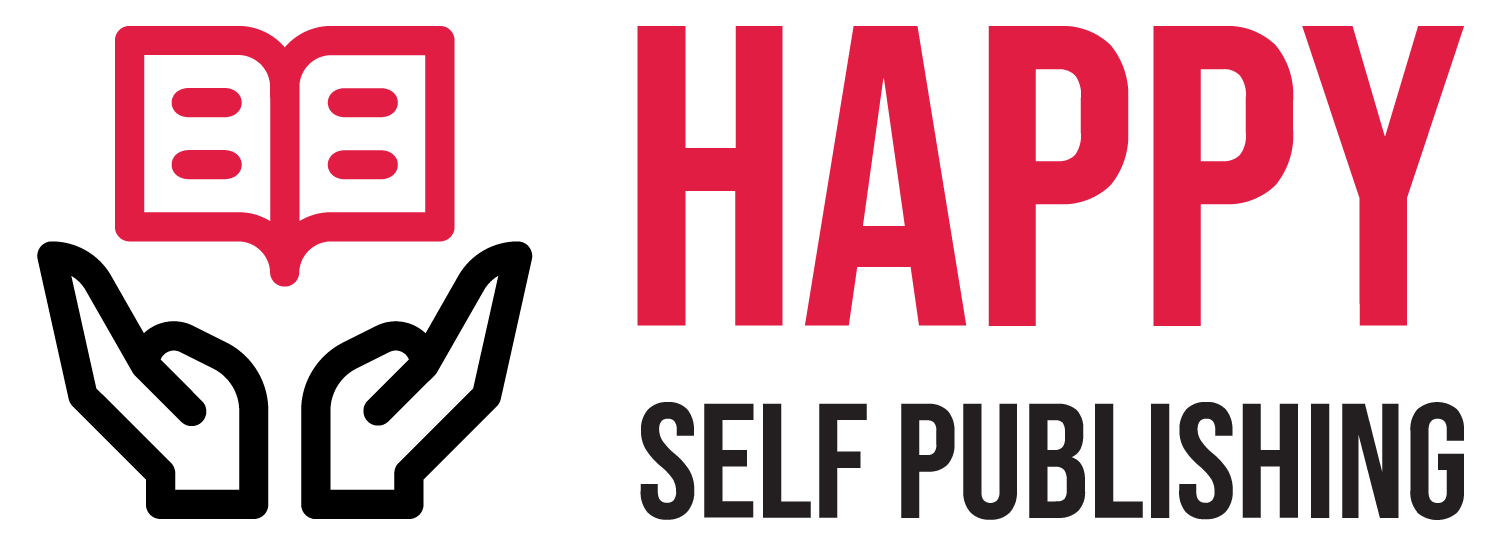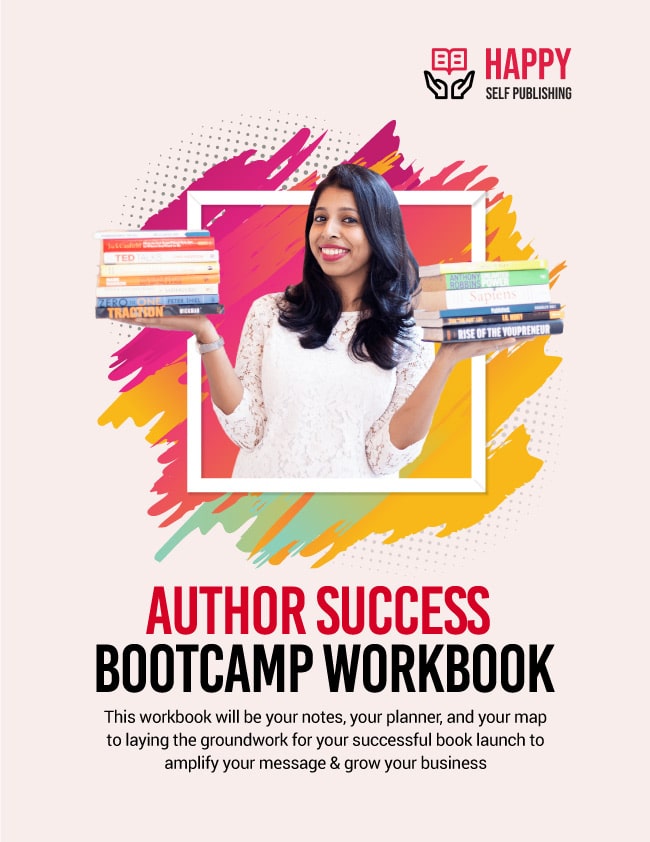You’re hoping to writing a book, but the cost of publishing it doesn’t seem worth it.
You have dozens of fantastic ideas to fill its pages with, but you doubt anybody would want to read it.
You’re pretty sure you know your stuff, but you’re definitely not a pro – and there have already been so many books published within your niche.
Sound familiar? These are some of the common thoughts racing through wannabe authors’ minds.
Besides holding you back from getting your book published and out into the world, these myths also couldn’t be further from the truth.
I’m Not An Expert
You don’t have to be. Think of some of the most authoritative voices in each field. Martha Stewart, Tim Ferriss and Suze Orman all started somewhere.
If you have knowledge to share and a unique angle to present it with, your credibility will speak for itself. You don’t need to be the #1 expert in your field in order to be qualified enough to write a book! You just need to be one or two steps ahead of your target readers to be able to serve them with your knowledge.
Becoming a bestselling author and subsequently being labeled an expert in your field is a simple equation when you break it down. By providing value to your audience, you’ll earn their respect and their attention. And they’ll keep buying your books.
I Don’t Have The Time
Rome wasn’t built in a day! The thought of writing an entire book as a whole can be daunting to even the most motivated of writers.
Try to break down your book into segments to work on, bit by bit. Scheduling writing time also helps, but make sure to recognize when you’ll be the most productive. If you’re a morning person, set aside 1-2 hours every day (or week, or month!) to slowly chip away at each chapter.
The good news is that nowadays, even your readers don’t have much time. In fact, today’s readers typically prefer a 20,000 to 25,000 word count in the books they choose – which you should be able to achieve by writing for 60 minutes a day for a month!
By going along consistently, bit by bit, you’ll eventually produce a book.
I’m Not Good At Writing
You don’t have to be! The most important component in writing a book is that you have the ideas and knowledge lined up to produce creative content and make people want to read it. If everybody was a perfect writer, editors wouldn’t have jobs.
Let your ideas flow and hit the paper. The first draft doesn’t necessarily need to have flawless structure and a razor sharp focus. Once you’ve gotten everything out, you can read back through what you’ve produced. Often, this process will lead you to a lightbulb moment of what you’ve left out, or what else you can add.
From there, you can enlist the help of a professional editor to refine what you’ve produced and turn it into your bestselling book!
There Are Already Enough Books On My Topic
It’s a good thing if there are plenty of books about your topic. It just proves that there are plenty of readers within your niche!
There might be thousands of other books already published about home gardening, but if you’re hoping to write a book – you’re probably already thinking you have a unique angle to present. By doing research on which books are performing best in your niche, you’ll be able to see how you compare to the competition and will learn how your knowledge differs in comparison to everybody else’s.
There’s always room for a new voice – you just need to figure out how you can present content that nobody has read before.
If you have an interest in what you’ll be writing about, chances are there are many others that will too.
Nobody Will Read My Book
You won’t know that for sure until you actually write it, although there are some tricks to help you decide whether or not you have a good book idea. If you’re concerned that there isn’t an audience for the type of content you’d like to speak about, try doing some snooping around to see if there’s a marketable interest in your field.
Social media groups, online forums and blogs are a great place to start. For instance, if you’re thinking about writing a book about financial planning – check out a few Facebook groups and read what the members in it are discussing.
If you can provide the answers to questions people are asking, you’ve got yourself an audience!
Getting Published Is Difficult
In the traditional publishing sphere, you’ll have to find a literary agent who will represent your work to a publishing house. Once you’ve managed to find an agent, the chance of your manuscript then getting selected by a publishing house is less than 1%! In self-publishing, you are your own boss. You have complete control over the rights, royalty, pricing and distribution of the book.
Another factor to note with traditional publishing is that the author typically loses creative control of their book and rakes in lower royalty fees (typically from 6-8% in royalties). When self-publishing on Amazon, authors receive up to 70% in royalties for ebooks and around 40% for paperback!
The beauty of self-publishing is that the process can take as little as 24 hours from the time you hit the publish button. Traditional publishing is a difficult route, with most authors having to wait 1 to 2 years before the book is available for the public to read.
By turning to self-publishing companies or engaging in the process completely on your own, you can have your book edited, designed, formatted and available for sale on Amazon within a matter of days.
In other words: the process certainly isn’t difficult if you’re going the self-publishing route!
Publishing Is Expensive
Publishing isn’t as expensive as it used to be. Once considered to be a major cost, printing has now been lowered to almost nothing thanks to the print on demand services available these days. Only when your reader orders the book will Amazon print and ship it on your behalf.
Having said that – publishing a book definitely comes along with a few costs, but think of it as an investment into your business or professional future. Sure, you can embark on the process alone but you’ll have to face a steep learning curve in terms of designing a cover that will attract readers, formatting an ebook properly and finding a professional editor.
Turning to self-publishing companies for help will cost more, yet their experienced teams will ensure that the final product matches what you’ve envisioned – or better. It’s no use to write an incredible book if its cover or even one spelling mistake in it will discredit the content you’ve worked so hard to create.
While self-publishing your book using the help of a specialized company in the field will set you back anywhere from $899 or more, you’ll see a return on your investment in terms of the exposure and credibility it will bring to your business.
Don’t let self-doubt and these common myths about writing a book hold you back. If you have an idea that you believe in, there’s no better time to start than now!
If you have questions about the self-publishing process, don’t hesitate to get in touch with us here or by Facebook and Twitter.
To learn more about our packages, click here.







